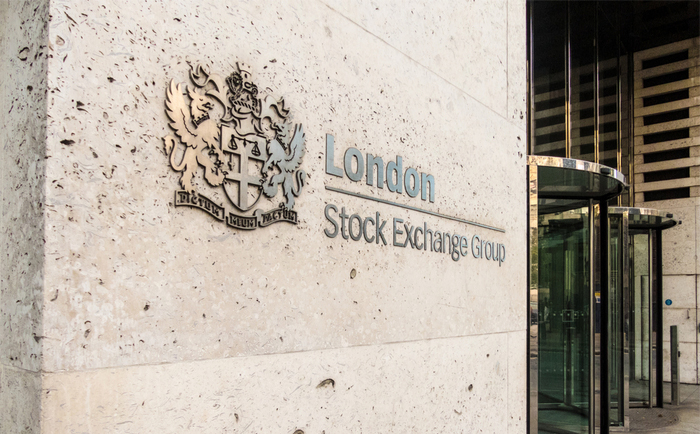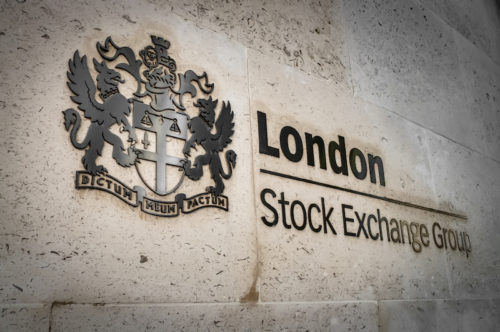The spurt of listings on the London bourse in 2021 should not mask the secular decline of the London Stock Exchange. In the last 20 years, exits have consistently outstripped new IPOs. Although some have noted that the diminishing numbers of listed companies is a global phenomenon, the London Stock Exchange has, unlike for example the NYSE, seen its ratio of market capitalisation to GDP remain stagnant. By any measure, London has not been doing well. However, recently moves have been made to resuscitate the market, with the opening-up of the exchange to dual-class shares being the headline act. Could dual-class shares resuscitate the London Stock Exchange?
Why dual-class shares?
With dual-class shares a founder of a company can be granted multiple voting rights per share, enabling the retention of control even after listing and otherwise relinquishing a majority financial interest in the company. The US has seen a spate of companies, especially in the tech industry, adopting dual-class shares. Alphabet, Meta, Snap, Airbnb, Peloton and Zoom are all examples of high-profile tech companies that have adopted dual-class shares in the US. With tech companies having driven the performance of US exchanges in recent years, these are exactly the types of exciting, innovative companies that could turbo-charge the London Stock Exchange.
Dual-class shares can benefit innovative, high-growth tech companies. Such “new economy” companies are often disruptive businesses run by visionary founders, and it can be challenging for those companies to effectively convey their future prospects and strategies to public shareholders. Without dual-class shares, founders of such companies are fearful that a public listing pursuant to which a majority of the shares are distributed to public shareholders, could expose the founders. If share price is moribund as a result of those public shareholders not fully appreciating the value of balancing short-term profits with long-term investment and R&D, the founders could be ousted from the company or the company could become the subject of an opportunistic takeover.
As well as attracting companies to the market, dual-class shares can also benefit companies after they have listed. Asset managers have, in some cases unfairly, in some cases wholly justified, faced accusations of taking a short-term approach to their investments. In turn, that approach can lead to boards of one share, one vote companies taking a similar short-term perspective, influenced by the voting control of those asset managers. In contrast, with dual-class shares, founders can take a longer-term view without having to kowtow to the short-term proclivities of investors. Encouraging long-term outlooks could rebalance the London Stock Exchange toward “growth companies” rather than the “income companies” that dominate the market, thereby increasing the overall value of the exchange.
LSE’s dual-class shares lite
When it comes to dual-class shares, though, many UK institutional investors subscribe to the adage “if something sounds too good to be true, it probably is”. Power without responsibility can lead to abuse, and concern exists that a founder with total control, but very little economic interest in a company, can manage that company in a manner that exploits public shareholders for his or her personal benefit. Accordingly, the recent reforms attach conditions to the use of dual-class shares that potentially limit their misuse.
However, those conditions have gone too far. The constraints that have been imposed go far beyond those voluntarily attached to typical dual-class shares in the US, and even surpass the cautious approaches of Hong Kong, Singapore and Shanghai which have all recently opened their doors to dual-class shares.
In particular, the London Stock Exchange’s premium tier only permits dual-class shares that enable founders to block takeovers, and, even then, for only five years. Although a founder can additionally protect his or her position on the board, he or she cannot use dual-class shares to protect his or her management role as, for example, a CEO. Furthermore, the approval of public shareholders will still be required for dual-class share premium-listed companies to engage in large transactions, which can hamper the progress of the acquisition hungry companies that often define Big Tech.
The constraints are so severe that they are likely to deter the very early-stage tech companies that the new rules are designed to attract. Why would founders be drawn to “dual-class shares lite” when they have so many other options, whether that be selling-out to larger, often foreign, companies, or listing on more welcoming overseas exchanges?
Lack of ambition
Proportionate constraints around the use of dual-class shares are sensible, but overly severe restraints curtail the very benefits the reforms are intended to achieve. In my recent book, I discuss a different approach to dual-class shares that could be more effective in attracting tech companies to London while at the same time respecting the need to protect investor rights.
The regulators have though been heavily influenced by the UK institutional investors who hold great sway in policy circles. London needs to take a more holistic, global view to competitiveness. US evidence has shown that dual-class firms outperform their one share, one vote brethren. By railing against dual-class shares for largely ideological reasons, the institutional investor community is cutting off its nose to spite its face, and consequently limiting the returns of beneficiaries.
Whereas the last few years has seen overseas exchanges riding a tide of tech driven success, the London Stock Exchange is in decline, and with its mining, financial, manufacturing and retail bias it is in danger of being stuck in time. Dropping the ball with dual-class shares is a microcosm of the lack of ambition that is required to bring the London Stock Exchange back to relevance. It is time for broad minds and big ideas.
Bobby Reddy is an assistant professor at the University of Cambridge and a former partner at Latham & Watkins. He is the author of Founders without Limits: Dual-Class Stock and the Premium Tier of the London Stock Exchange.



